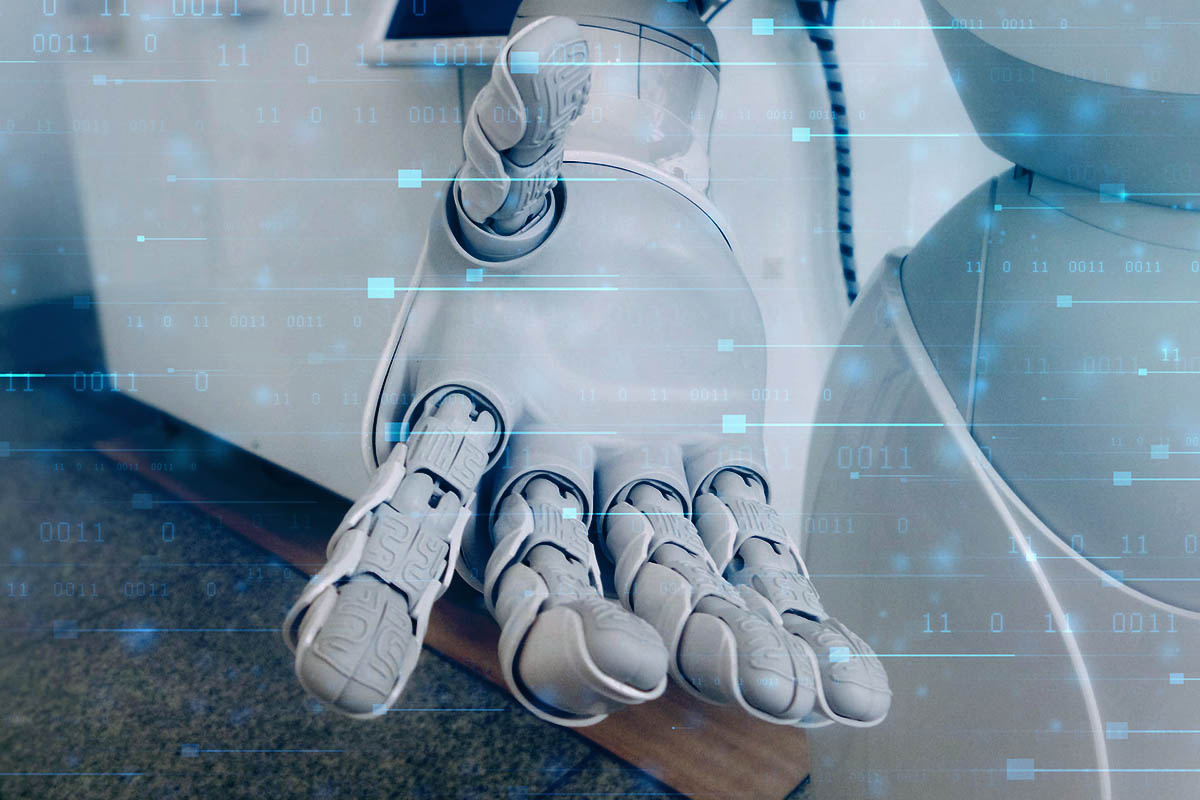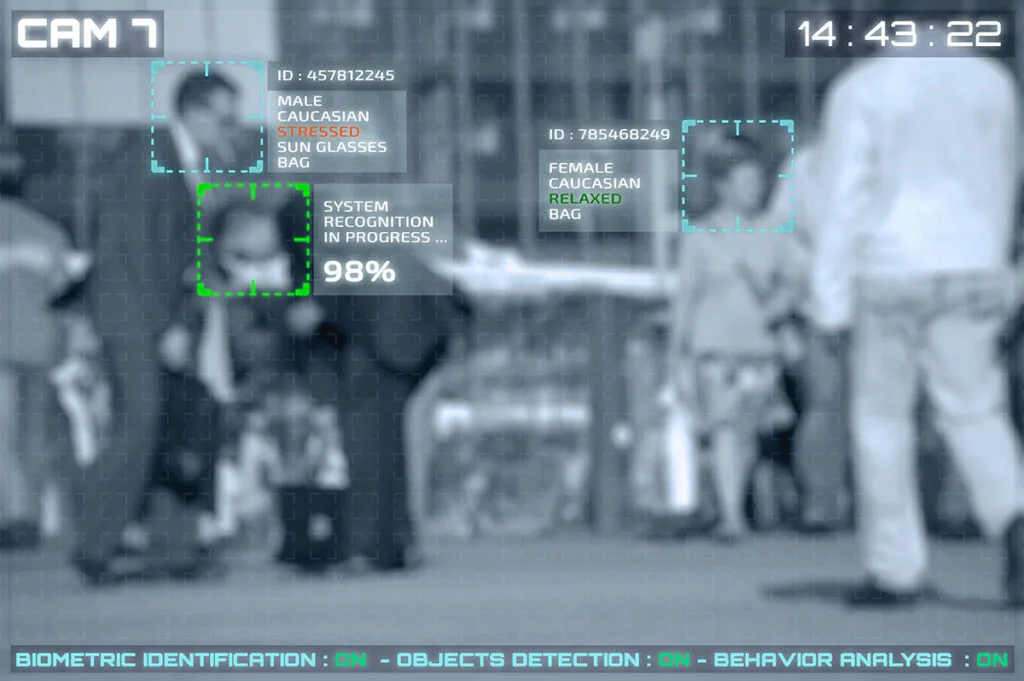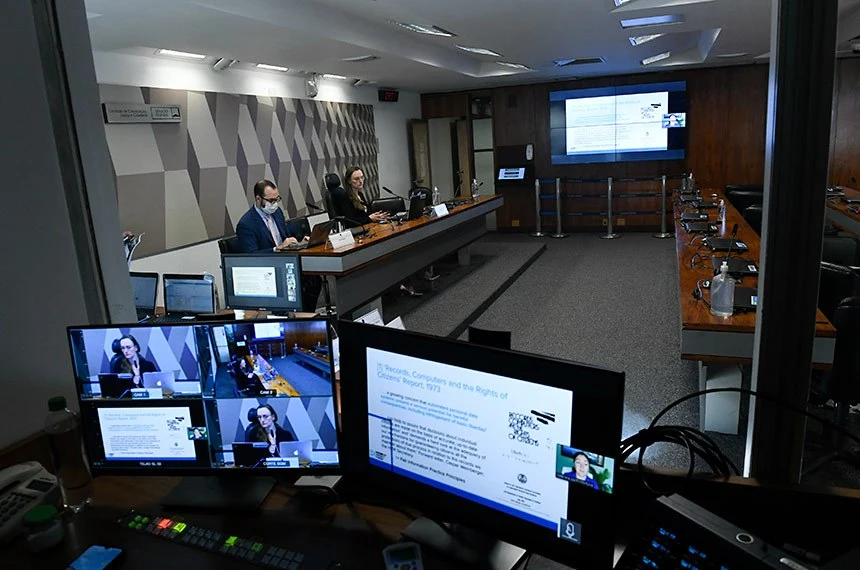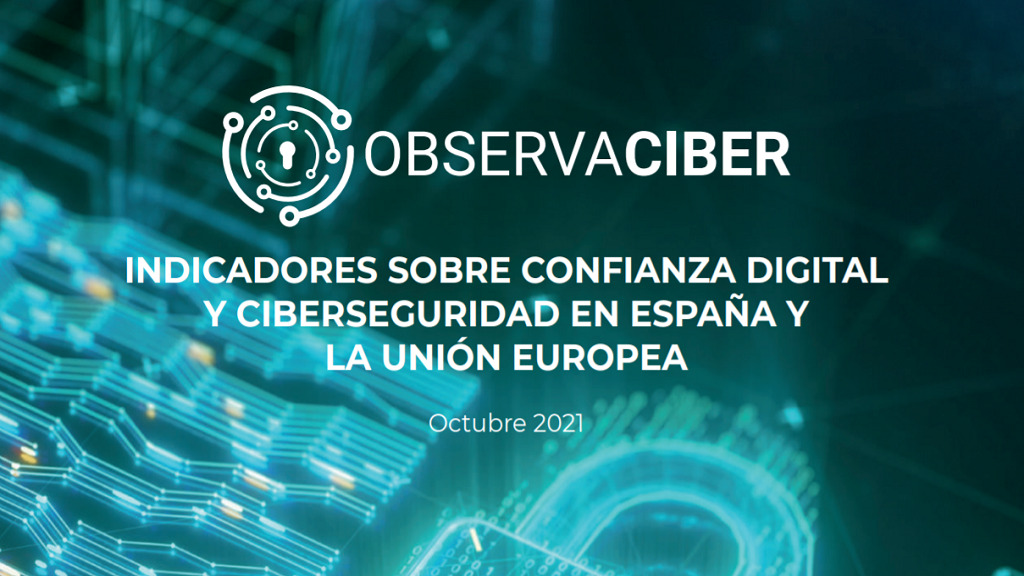
Extended for another 120 days, the commission of jurists responsible for preparing a proposal for the regulation of artificial intelligence in Brazil promoted this Thursday (9) and Friday (10) an international seminar, listening to positions from technology experts about the fundamentals and challenges of a regulation and the relationship with data protection and risk-based regulatory techniques.
They highlighted that the path towards technology regulation must permeate issues of protection of citizens and their respective data, in addition to paying attention to a system of accountability and impacts that technology can have on human and individual rights. The role of the State as a controlling and cooperative agent of AI is also necessary in defining the legal framework on the subject.
Image: Den Rise/Shutterstock.com
Wolfgang Hoffmann-Riem, professor of law and innovation at the Bucerius Law School in Hamburg, said that in order to create legislation that safely touches all dimensions on the subject, it is necessary to work with harmony and transparency. In addition, the professor details that she is not only oriented towards risks, but that she is concerned with the protection of data and citizens.
For Hoffmann-Riem, self-regulation is not enough to control damage. “Artificial intelligence systems cannot go beyond the rights of citizens. (…) The State has to work on controlling and cooperating with the artificial intelligence system”, he says.

Image: pixinoo/Shutterstock.com
The regulation of the accountability system was highlighted in the speech of professor and researcher at the Vrije Universiteit Brussels (VUB) Mireille Hildebrandt, who also detailed high-risk systems. “We have to have a risk management system to ensure that no individual rights are violated. With detailed technical documentation and market regulations,” said Hildebrandt.
Impacts of AI on human and individual rights, purposes and real beneficiaries of the technology were questions raised in the speech of the lawyer and executive director of Derechos Digitales (DD), Maria Paz Canales, which echoed the active participation of the government. “The State’s obligation to regulate these systems is inalienable. We need to look at a proposal [de lei] covering all the elements that materialize the fundamental principles. (…) The choices involved in AI cannot be made without an open exercise with the public,” he said.

Image: Geraldo Magela/Agência Senado
At the end of the first day of the international seminar, the professor at the University of California Stuart Russell stressed that the algorithm can never overcome human rights, a position defended by the other speakers of the day, remembering that the most fundamental of them is the right to life.
AI: experiences from other nations
The “Challenges of Artificial Intelligence regulation: comparative experiences” was the subject of the second panel, held on Thursday (9), in which experts brought experiences of European regulation and the associated risks.

Image: Roque de Sá/Agência Senado
Irina Orssich, head of the European Commission’s Caneles AI Sector Policy, said that the EU implemented the first strategy for technology regulation rules in April 2018. According to her, contributions to the technology ecosystem were defined with four member states. , and that in April of last year an AI package was presented.
Together with the European Parliament, the Commission and Council have drawn up a final text for regulation and hopes that it will be approved by the end of the year. “We want to harmonize rules and laws, and with this security approach, we address the AI topics that are on the market, so that everyone has to comply with the same rules. (…) We are taking a risk-based approach. We don’t want to regulate all technology. It is a horizontal act, it applies equally to all sectors,” he said.
The director of the Data Protection Research Center at the University of Frankfurt, Indra Spiecker, calls attention to the side effects of artificial intelligence, demanding control in addition to putting the regulation in fact in force. “In general, what we need is for everything to be more specific so that we can control the development of technology” said Spiecker..
Professor and head of department at the European University Institute (EUI), Hans Wolfgang Micklitz, also highlighted concerns, but this time focused on the Brazilian consumer, unlike what happens in European legislation. “Those who are using the technology must show that they are not influencing the consumer,” warned Micklitz.
AI: Data protection and risk-based regulatory techniques
On Friday (10), when resuming the international seminar, experts in the field analyzed topics related to data protection and risk-based regulatory techniques.
Gabriela Zanfir, representative of the Future of Privacy Forum in the United States, stressed that whatever the stage of automated processing of personal data, it must prioritize the human race as a way of protecting their respective rights. “The goal of data protection is to ensure that information related to the individual is collected and used through automated and algorithmic means in such a way that all other fundamental rights are protected. We need to protect this personal data. Even if automated decisions act on a large scale, it is necessary to ensure that these decisions are made fairly. May personal freedoms be protected, such as the right to privacy, security, non-discrimination and freedom of assembly,” she explained.
Alessandro Mantelero, professor at the Polytechnic University of Turin (Italy), highlighted the speech on a risk-based approach to data protection, warning about care in superimposing economic interest over individual rights in cases of collection and processing of personal information. .
“Risk assessment means you need to assess risk before it occurs. It is necessary to develop an artificial intelligence that is guided and motivated by human rights. The purely economic interest cannot prevail over the protection of personal data. It’s a kind of hierarchy between interests. It doesn’t mean you can’t do business or you can’t have economic interests protected. But the focus must be on human rights,” argued Mantelero.
Afterwards, the experts brought suggestions to the questions panel on regulatory techniques and risk-based approach. On the subject, Eike Graf, representative of the European Commission, defended applying fundamental rights legislation to data management by AI.
“If there are already some rules, we should bring addendums to them. Labor rules and consumer laws are relevant for use in artificial intelligence systems. The use of an AI system is subject to rights and obligations. If there are any problems in using technologies, the practice should be avoided if necessary. The rights that we have to protect fundamental rights obviously continue to be applied in many other instances. The question is where should we, due to opacity or complexity, make an extra effort to maintain the rights that are already laid out, as well as propose extra duties,” suggested Graf.
On the other hand, Pam Dixon, founder of the World Privacy Forum, defended a specific regulatory system to deal with this scenario of acceleration in topics such as artificial intelligence and machine learning.
“The world before us is different, totally different from ten years ago. When we think about regulations for these systems, we think that they are systems that are visible to us. But more and more we are moving towards a world where they will not just be invisible. They will be like the plumbing in a house: you know it’s there because you can turn on the faucet. But you won’t necessarily be able to see the pipes. We are moving quickly towards that. When that happens, separate regulatory control will be required,” she said.
The temporary Commission, formed by 18 specialists, will have until August to suggest a draft substitute, bringing together the three bills in progress on the subject (5.051/2019, 2020/21 and 872/2021), in which they establish principles, rules, guidelines and foundations to regulate the development and application of artificial intelligence in Brazil.
With information from the Federal Senate and Digital Convergence



